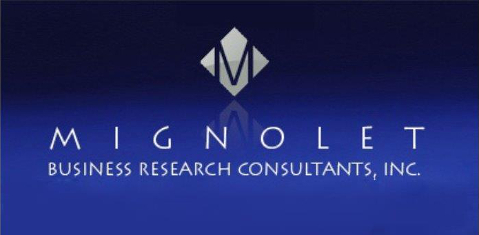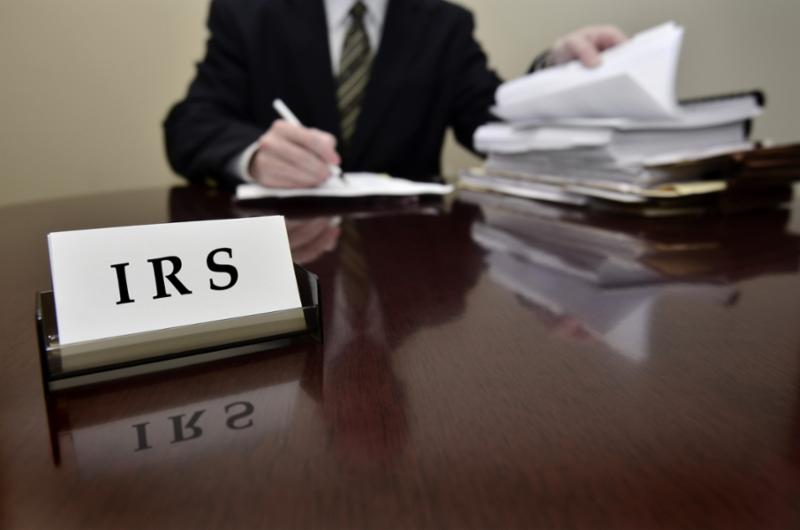Every year, taxpayers are targeted by crooks looking to snatch their identities, financial information, and tax returns. This year, crooks posing as tax preparers promising high returns are ready to file fraudulent tax returns in your name, pocket your money, and vanish leaving you with the liability.
This scam is a relatively simple imposter operation. The con artist prepares your tax forms poising you for a higher tax return. While everyone wants as much money back as possible, ghost preparers pull this off by fudging your income and adding deductions that you don’t actually qualify for. This will look great on paper. Sometimes – but not always – the bank account information for where the tax return is to be sent will be incorrect, but this is not always the case. The problem is they will not sign the tax form where it is required for the preparer leaving the target liable for tax fraud. Since unsigned filings are a big IRS red flag, it is likely you will face consequences.
How can you spot a ghost preparer? The biggest red flag is that they require cash payment, wire payment, or prepaid credit card or gift card payment for their services. If your tax forms come back unsigned, it is likely you have been conned. DO NOT FILE these forms as they likely have falsities that you will be held accountable for. Double-check everything, make sure you actually qualify for all of your deductions and that the account for your tax return is correct. Always report the preparer to prevent further abuse by this con artist and file an IRS complaint.
Of course, let’s not forget the tried-and-true tax season red flags. THE IRS WILL NEVER CALL OR EMAIL YOU. They only contact taxpayers by snail mail. If you receive a call about your taxes it is a scam. Do not share personal identifying or financial information with anyone who has contacted you unsolicited.

